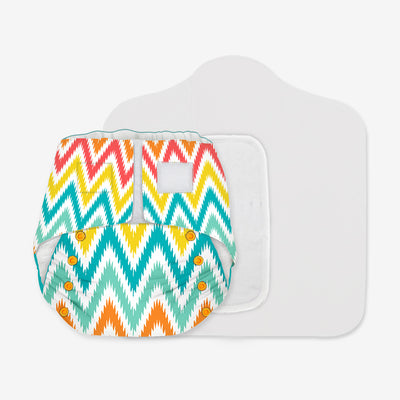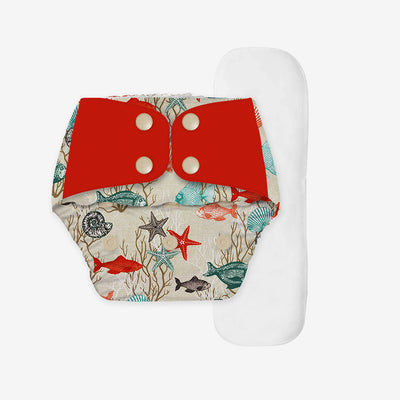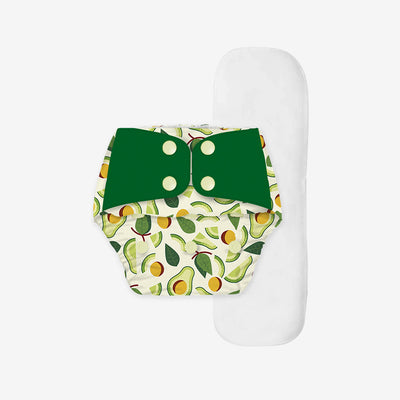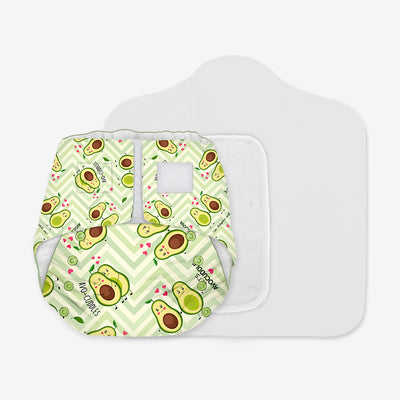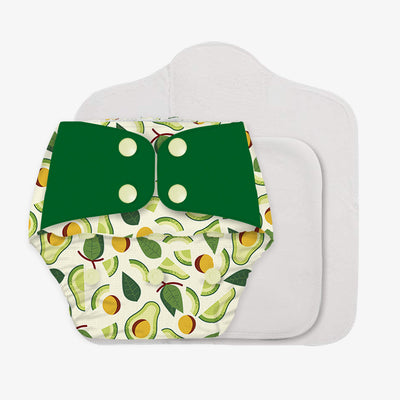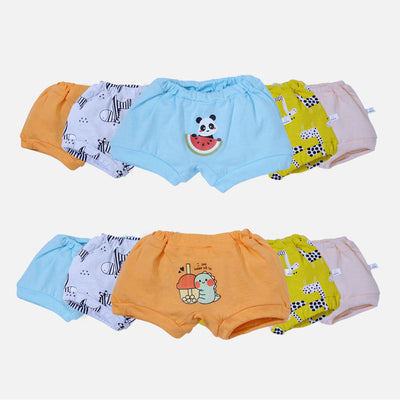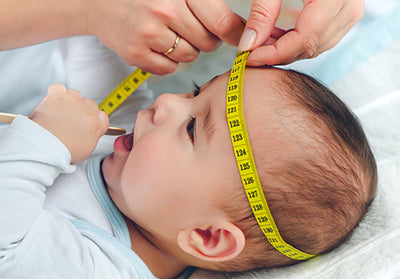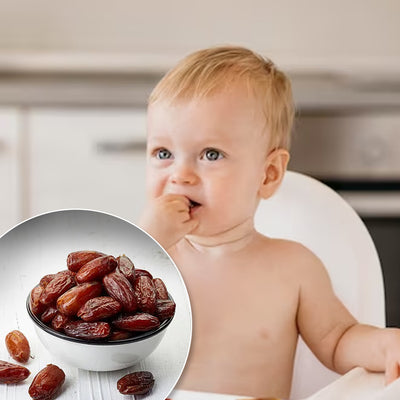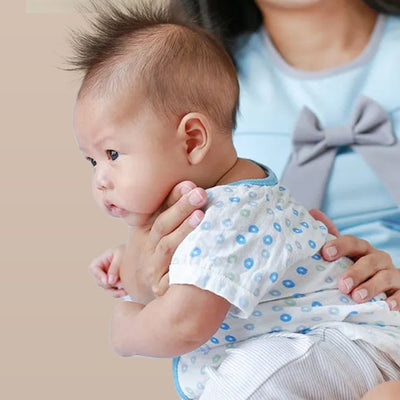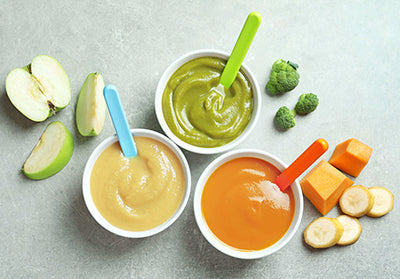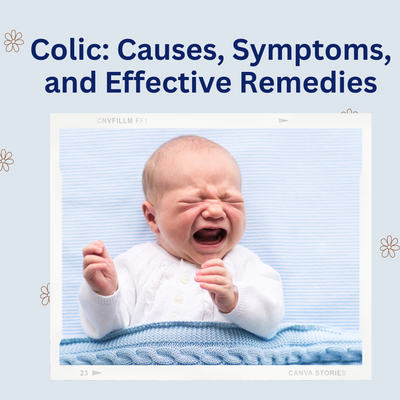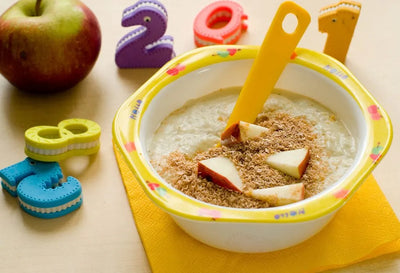Essential Tips for Preventing and Treating Diaper Rashes in the Rainy Season

As parents, we always strive for the optimal care and well-being of our little ones, particularly regarding their health and overall welfare. With the rainy season upon us, it's important to be prepared for the challenges that can arise, such as diaper rashes. These pesky irritations can be uncomfortable for our babies and worrisome for us, but fear not! In this guide, we will provide you with essential tips on how to prevent and treat diaper rashes during the rainy season. From choosing the right diapers to maintaining proper hygiene, we've got you covered. Let's dive in and discover the secrets to protecting your little one from diaper rashes in the rainy season!
Understanding diaper rashes in the rainy season
Diaper rashes can occur at any time of the year, but they are particularly common during the rainy season. The increased moisture in the air and the constant contact between the baby's skin and wet diapers create the perfect breeding ground for rashes to develop. When the skin stays wet for too long, it becomes more susceptible to irritation and infection. Additionally, the humidity during the rainy season can exacerbate the problem, making it even more challenging to keep your baby's skin dry and rash-free. Understanding the causes and symptoms of diaper rashes during the rainy season is the first step towards prevention and treatment.
Common causes of diaper rashes during the rainy season
There are several factors that contribute to the development of diaper rashes during the rainy season. One common cause is the prolonged exposure to wet diapers. When the diaper is not changed promptly, the moisture can irritate the baby's skin, leading to redness, inflammation, and discomfort. The increased humidity in the air also plays a role in the development of rashes. The combination of moisture and warmth creates an ideal environment for yeast and bacteria to thrive, further aggravating the rash. It's important to be aware of these causes so that you can take the necessary steps to prevent diaper rashes during the rainy season.
Tips for preventing diaper rashes in the rainy season
Prevention is key when it comes to diaper rashes. By following a few simple tips, you can significantly reduce the chances of your little one developing a rash during the rainy season. First and foremost, it's important to change your baby's diaper frequently. The longer the skin stays in contact with moisture, the higher the risk of developing a rash. Aim to change the diaper every two to three hours, or as soon as it becomes wet or soiled. This will help keep your baby's skin dry and free from irritation. Another helpful tip is to use a barrier cream or ointment with zinc oxide. These products create a protective barrier between the diaper and your baby's skin, preventing moisture from causing irritation. Additionally, make sure to give your baby some diaper-free time to allow their skin to breathe and stay dry. These simple preventive measures can go a long way in keeping diaper rashes at bay during the rainy season.
Choosing the right diapers for rainy season protection
Selecting the right diapers for your little one is crucial, especially during the rainy season. With the increased moisture in the air, it's important to choose diapers that are designed to keep your baby's skin dry and comfortable. Look for diapers that have excellent absorbency and a moisture-wicking inner lining. These features will help keep your baby's skin dry, even in humid conditions. It's also a good idea to opt for diapers with a snug fit to prevent leaks and minimize the chances of moisture coming into contact with your baby's skin. Additionally, consider using diapers that are free from harsh chemicals and fragrances, as these can further irritate your baby's delicate skin. By choosing the right diapers, you can provide your little one with the best possible protection against diaper rashes in the rainy season.
The benefits of using cloth diapers for your baby's skin
When it comes to your baby's delicate skin, nothing is more important than keeping it clean, dry, and free from irritation. This is where Snugkins cloth diapers truly shine. Unlike disposable diapers that are made with synthetic materials and chemicals, snugkins cloth diapers are typically made from natural fabrics like organic cotton. These materials are gentle and breathable, allowing your baby's skin to breathe and reducing the risk of developing rashes. Cloth diapers also do not contain any harmful chemicals, such as chlorine, fragrances, or dyes, which can irritate your baby's skin and cause allergies.
In addition to being gentle on your baby's skin, cloth diapers are also highly absorbent. They have multiple layers that can hold a significant amount of liquid, keeping your baby dry for longer periods. This helps prevent skin irritation and discomfort that can be caused by prolonged exposure to wetness. Cloth diapers also have a moisture-wicking property, which means they draw moisture away from your baby's skin, further reducing the risk of rashes. With cloth diapers, you can have peace of mind knowing that your baby's skin is well-protected.
Another benefit of using cloth diapers is their customizable fit. Unlike disposable diapers that come in standard sizes, cloth diapers often have adjustable features, such as snaps or Velcro closures, allowing you to achieve the perfect fit for your baby. This ensures maximum comfort and prevents leaks, which can also contribute to diaper rash development. With cloth diapers, you can easily adjust the tightness around the waist and legs to suit your baby's size and shape, providing a snug and secure fit throughout the day and night.
Common causes of diaper rashes and how cloth diapers can help prevent them
Diaper rashes are a common concern among parents, and they can be caused by various factors, including prolonged exposure to wetness, friction, and the presence of irritants. Disposable diapers, with their synthetic materials and chemicals, can exacerbate these factors and increase the risk of diaper rashes. Cloth diapers, on the other hand, offer several advantages when it comes to preventing and minimizing diaper rashes.
One of the main causes of diaper rashes is prolonged exposure to wetness. Disposable diapers tend to trap moisture against the baby's skin, creating a damp environment that promotes the growth of bacteria and fungi. This can lead to skin irritation and rashes. Cloth diapers, with their superior absorbency and moisture-wicking properties, help keep your baby's skin dry and reduce the risk of diaper rashes. The natural fibers used in cloth diapers allow for better air circulation, preventing the accumulation of moisture and promoting faster drying.
Friction is another factor that can contribute to diaper rashes. Disposable diapers often have a plastic-like outer layer that can rub against your baby's skin, causing friction and irritation. Cloth diapers, with their soft and breathable materials, minimize friction and provide a comfortable barrier between your baby's skin and the diaper. This reduces the likelihood of developing diaper rashes and discomfort for your little one.
The presence of irritants in disposable diapers, such as fragrances and dyes, can also cause skin irritation and allergies. Cloth diapers, being free from these harmful chemicals, are less likely to trigger allergic reactions or irritate your baby's sensitive skin. By choosing cloth diapers, you are reducing the exposure to potential irritants and providing a safer environment for your baby's skin.
Keeping your little one comfortable and rash-free in the rainy season
Cloth diapers like the Snugkins Cloth Diapers provide numerous advantages in preventing diaper rashes. Choosing the right diapers and maintaining proper hygiene are crucial in preventing rashes. Remember to consult with your pediatrician if the rash is severe or persists despite home treatments. By following these essential tips and using Snugkins Cloth Diapers, you can keep your little one comfortable and rash-free in the rainy season, allowing you to enjoy this special time with your baby to the fullest. Stay prepared, stay informed, and keep your little one protected!

